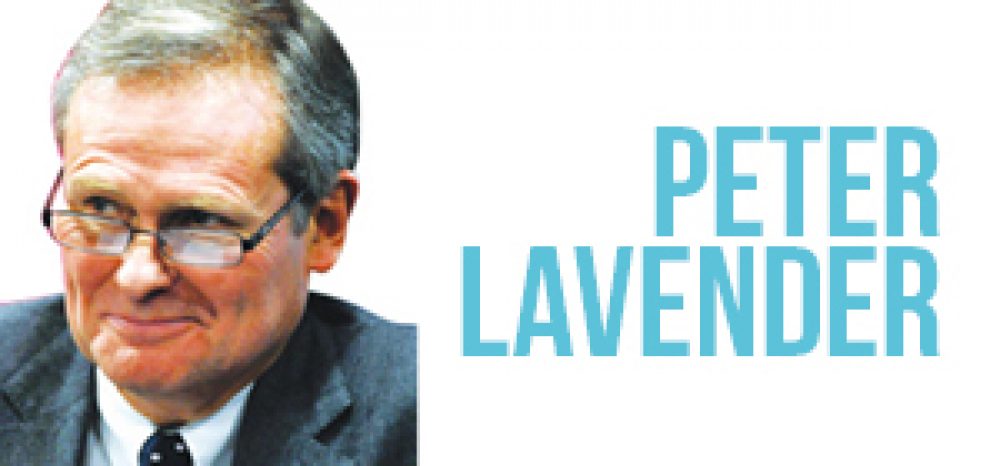Taking the learner voice into account is key — but the teacher voice needs to be listened to as well, says Dr Peter Lavender.
Learner voice specialists are staff we often admire, but who frequently remain invisible in professional terms, not being part of the teaching workforce.
As a college governor, you find evidence of their work in the confidence of student unions the support of corporation student members and in learner forums having the processes and skills needed to ensure that learner views are expressed and heard.
So the new Learner Voice Practitioners’ Network, launched by the National Union of Students (NUS) in June, is very welcome.
During a 2012 research study on learner voice in vocational education led by Australia’s University of Ballarat, we found that a common policy problem in Australia and England is that the state rarely defines the purposes for learner voice. This leads to uneven practice.
In the study, providers saw learner voice as important for information-giving marketing quality improvement securing equity helping students learn about democratic processes and enabling better ownership of their own education.
All these and other purposes can be seen in a ‘learner voice’ model developed by the Learning and Skills Improvement Service (LSIS), against which providers can see where they are on a kind of continuum.
There are few systems, if any, compared with learner voice, for ensuring teachers can have their views aired“
The model stimulates critical discussion of learner voice approaches and reflection on what providers are doing most effectively.
In hindsight, we could probably have described the framework along the lines of the ‘expansive-restrictive’ continuum as proposed by Professor Lorna Unwin.
It heartens me to think that much ofthe development work by LSIS, with Ofsted’s new enthusiasm for hearing what learners think about their education, has supported
the continuation of learner voice strategies by providers.
Much of the good practice in developing materials to support learner voice processes has been encouraged jointly by the NUS and LSIS the Learner Voice Awards and development materials for practitioners are good examples.
On reviewing the data in the 2012 learner voice research, I noticed a theme — a growing disquiet felt by some managers in some colleges. It wasn’t about learner voice, but about teacher voice.
One senior manager said: “It’s not learner voice that concerns me … I have real doubts about whether their [teachers’] voice is heard systematically here.”
It is not that teachers are not being heard in their teams when they speak up, but that there are few systems, if any, compared with learner voice, for ensuring that teachers can have their views aired about matters that concern them — more widely and more systematically than through trade union meetings, the local curriculum team or large, all-staff conferences.
Reviewing our systems for teacher consultation, inclusion and involvement against the LSIS learner voice model would be illuminating and should generate an interesting debate.
The key question, as it is for learners, might be: “If the ultimate goal is to ensure that teachers are fully empowered here, what would the systems look like in this institution?”
The model for learner involvement differentiates between informing learners (or teachers) and empowering them. It seems obvious to me that there should be a teacher and trainer
involvement strategy to complement the learner strategy.
The increasing attention being given to learning, teaching and assessment means that governors must have a more systematic way of hearing from teachers and their view of these things.
In a recent peer review and development exercise by governors at three colleges in the East Midlands, focusing on governance, we concluded that a key thing to get right is the importance of asking the powerful questions and hearing answers from those with powerful and informed perspectives — teachers and learners.
Dr Peter Lavender, member of the Institute for Learning, governor at North Warwickshire and Hinckley College, and former chair of the Learning and Skills Improvement Service Think Tank on Learner Voice









Your thoughts